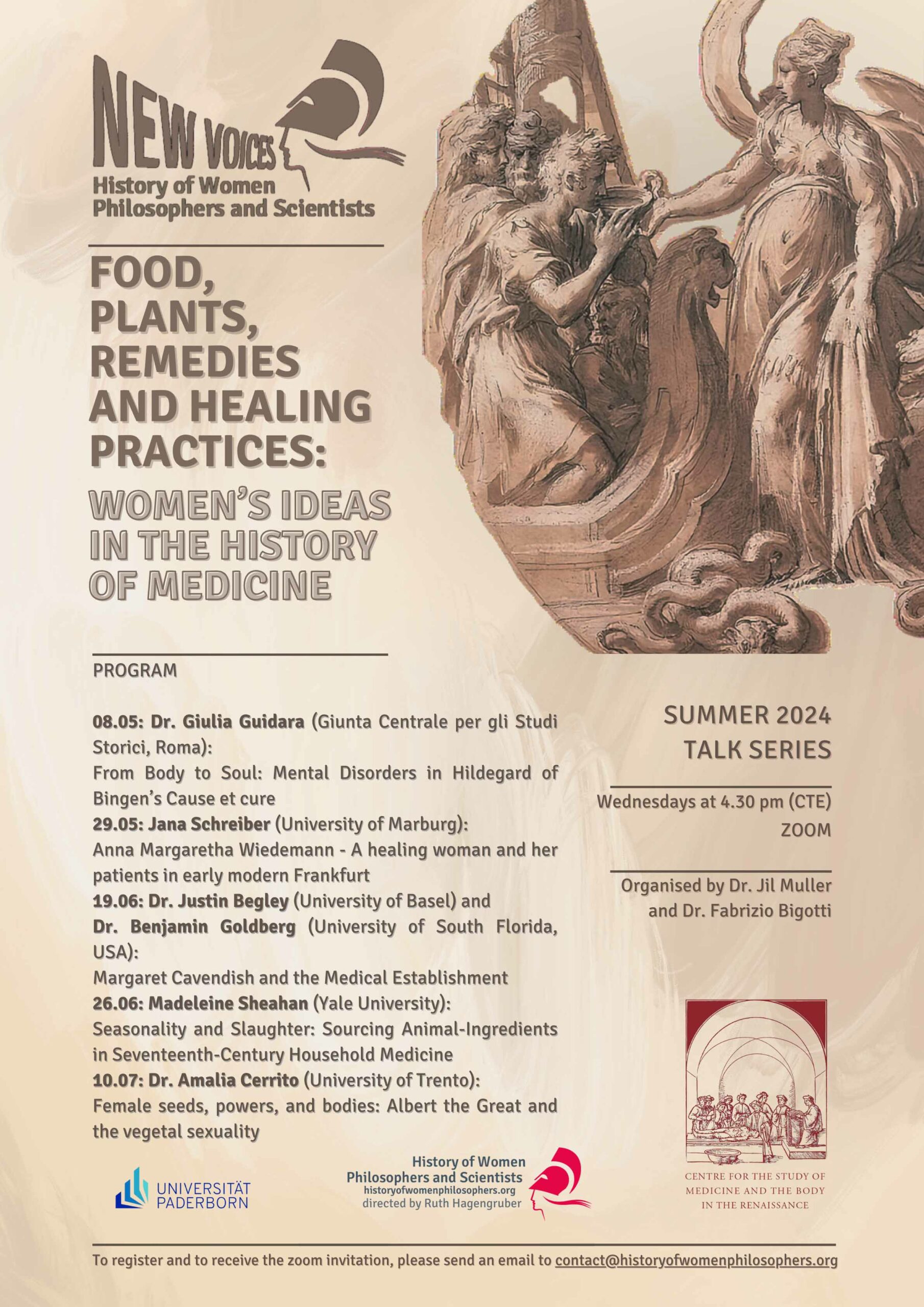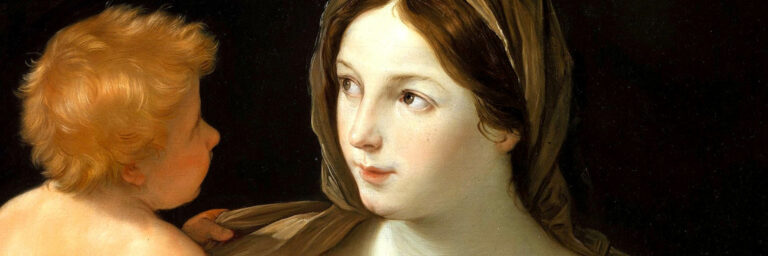Women’s Ideas in the History of Medicine
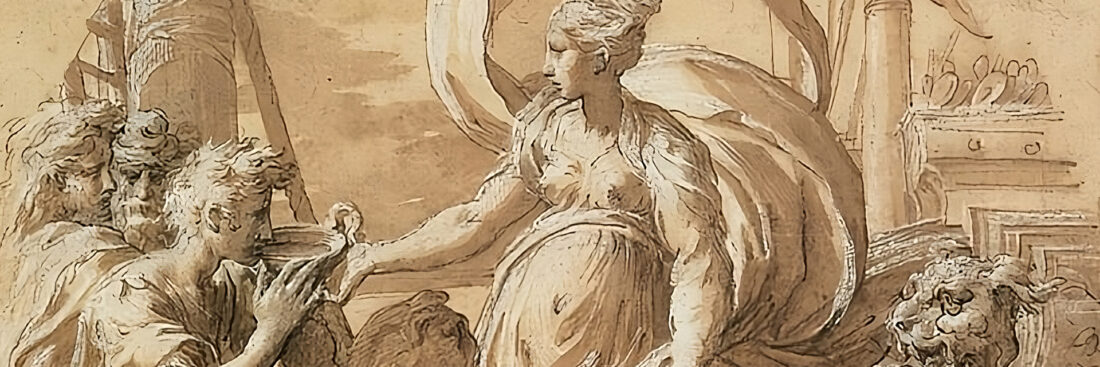
Women's Ideas
in the History of Medicine
Food, Plants, Remedies, and Healing Practices
2024 Webinars Series
Organised by
Jil Muller
Fabrizio Bigotti
Organised in collaboration with the Centre for the History of Women Philosophers and Scientists – University of Paderborn, this series seeks to understand the role of women in the history of medicine by exploring their contributions in fields such as natural philosophy, household remedies, plant manipulation and selection, as well as midwifery.

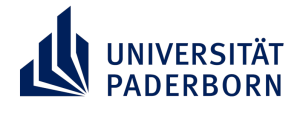
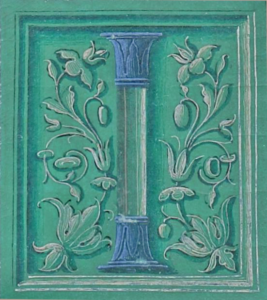
From Body to Soul: Mental Disorders in Hildegard of Bingen’s "Cause et Cure"
Giulia Guidara
8 May 2024 – 4.30 PM (CEST)
The Cause et cure of Hildegard of Bingen (1098-1179) is both a cosmological text and a medical handbook. This double aspect, so to speak, of the work is not surprising: in medieval Europe, human beings and nature are deeply interconnected. As the title Cause et cure suggests, most of the work focuses on the causes and natural treatment of several diseases. Hildegard’s idea of disease is very different from the present one: sickness always derives from a physiological change in the body. The reference framework is the humoral theory, according to which the four humours, or bodily fluids, (i.e. blood, and
phlegm, yellow bile and black bile) affect temperament, physical qualities and health. However, some diseases described in the Cause et cure mainly affect mood and behaviour and, in this regard, they can be assimilated into the modern concept of mental disorders. My lecture will analyse the passages of Cause et cure devoted to diseases that affect mood and behaviour, with a special focus on their causes and their possible treatment. This allows us to highlight both Hildegard’s ideas on the relationship between soul and body, and the medieval concept of mental illness.
About the Speaker…
Giulia Guidara is a Postdoctoral Research Fellow at Giunta Centrale per gli Studi Storici in Rome. Her research focuses on the reception of Plotinus in Latin Medieval Philosophy as well as Late Ancient and Medieval theories of human freedom and Astrological determinism.

Anna Margaretha Wiedemann: a Healing Woman and her Patients in Early Modern Frankfurt
Jana Schreiber
29 May 2024 – 4.30 PM (CEST)
In 1670, a conflict between Frankfurt surgeons and the healer Anna Margaretha Wiedemann broke out. The surviving sources offer deep insights into the practice of women healers in the early modern period, who treated their patients, competing with male doctors and barbers. In addition to statements by Wiedemann and the surgeons, there are numerous testimonies from patients, which shed light on the coping strategies used by the community to deal with diseases. They also show the expectations and duties that were set and fulfilled by patients, their social environment and the healers.
This lecture will address the following questions:
- How did the relationship between healers, patients and their social environment take form?
- What knowledge and forms of medical treatment were used by the practitioners?
- How were disease and health defined and differentiated by the protagonists?
About the Speaker…
Jana Schreiber is a PhD Student at Philipps-Universität Marburg where she works on the project The Actors in the Frankfurt Medical System in the Early Modern Period: Conflicts, Competition and Complementarity.

Margaret Cavendish and the Medical Establishment
Justin Begley
Benjamin Goldberg
19 June 2024 – 4.30 PM (CEST)
This talk explores how the seventeenth-century philosopher Margaret Cavendish interacted with the medical world of her time. We examine a set of historiographical issues arising from a manuscript collection of her and William’s medical recipes, MS Pw V90, preserved in the archives of the University of Nottingham. Our transcription and analysis of this manuscript (The Medical World of Margaret Cavendish, Palgrave-MacMillan: 2023) challenges the common view that Cavendish opposed traditional Galenic medicine as well as the Scholastic tradition.
In grappling with her views on professional medicine, we also investigate whether Cavendish faced any discrimination or mistreatment from her doctors because of her gender, as some have suggested, focusing on her relationship to one of her physicians in particular, the prominent doctor Théodore de Mayerne. Along the way, we highlight the medical achievements (mainly in the recipe field) of other noblewomen in Cavendish’s network.
About the Speakers…
Justin Begley is a postdoctoral fellow at the University of Basel who focuses on early modern literature and intellectual history, particularly on the histories of science, medicine, and the book.
Benjamin Goldberg is an Associate Professor of Instruction at the University of South Florida in Tampa. His work focuses on the intersection of natural philosophy and medicine in late Renaissance and early modern Europe including the history of medicine and authors such as Fernel, Harvey, and Descartes.

Seasonality and Slaughter: Sourcing Animal Ingredients in 17th-Century Household Medicine
Madeleine Sheahan
26 June 2024 – 4.30 PM (CEST)
Springtime was an industrious season of the 17th-century household. In a period of domestic production and proactivity, household medical practitioners worked to prevent illness and preserve health. The perceived environmental subjectivity of the body encouraged practitioners to prepare stocks of medicine for a host of ailments believed to arise from changing climatic, ecological, and astrological conditions, as well as shifts in human activity, labour, and diet. At the same time as the changing environment threatened the health of the body, springtime opened new possibilities to source natural ingredients for the making of remedies.
Of note was the provisioning of pregnant and juvenile animals, made readily available by the changing season and desired for their perceived medical efficacy. Turning to these seasonal aspects of domestic medical care, this talk provides an analysis of animal sourcing and processing techniques recommended in a series of seventeenth-century English manuscripts recipes authored by women. In highlighting the interconnected issues of seasonality, medical provisioning, and animal utility, it illuminates a domestic epistemology of animal use and value, as well as the environmental specificity of household medicine.
About the Speaker…
Madeleine is a PhD student in the History of Science and Medicine and Santorio Global Fellow at the University of Parma. Her research examines the social history of female healthcare and the variability of local medical marketplaces in sixteenth and seventeenth-century Italy. She is particularly interested in the relationship between midwifery and pharmacology, with a focus on the therapeutic activities of lay women who operated on the periphery of conventional academic, monastic, and guild settings.

Female Seeds, Powers, and Bodies: Albert the Great and the Vegetal Sexuality
Amalia Cerrito
10 July 2024 – 4.30 PM (CEST)
The 13th-century Dominican master Albert the Great extensively discusses vegetal sexuality. While animals reproduce through the mating of female and male individuals, plants lack a sexual distinction, reproducing through seeds that contain all necessary conditions for plant generation. Furthermore, the primary paternal and maternal functions, such as fertilization, generative material provision, and nourishment during development, do not involve individuals of the same plant species. External causal agencies perform these functions, like the Sun and the soil (traditionally regarded as the “father and mother of plants”).
He is convinced that “male and female” and “motherhood and fatherhood” manifest in nature to varying degrees, ranging from the most perfect nature, i.e., human beings, to the less perfect, i.e., plants. Plants express masculinitas and femininitas proportionally to their nature. The examination of plant generation provides an opportunity to elucidate these concepts, defining the essential aspects and causal roles of male and female functions and features. In this lecture, I will focus on how Albert employs concepts such as the female “body”, “seed”, and “power”, in his investigation on vegetal sexuality.
About the Speaker…
Amalia Cerrito is an Associate Fellow of the Centre for the Study of Medicine and the Body in the Renaissance and a postdoctoral researcher at the University of Trento where she works on a project titled Between Science and Myth: Albert the Great, his Sources and his Followers” (PRIN 2022: “Itineraries of Philosophy and Science from Baghdad to Florence: Albert the Great, his Sources and his Legacies”). She received her PhD in Philosophy in 2020 jointly by the University of Pisa and the University of Florence. In 2022 her work on Albert the Great and the ‘virtus formativa’ was awarded the Santorio Award for Excellence in Research.
About the Organisers...
Jil Muller is Deputy Head of the Center for the History of Women Philosophers and Scientists, in Paderborn and Assistant Professor for philosophy. Her research especially focuses on French Women Philosophers and Scientists in the early modern period. In 2022 she has published her book Soigner le corps humain. Péchés et remèdes chez Montaigne et Descartes with Classiques Garnier.
Fabrizio Bigotti is the Founding Director of the Centre for the Study of Medicine and the Body in the Renaissance, as well as DFG Research Fellow (eigene Stelle) at the Julius Maximilian University of Würzburg and Honorary Fellow at the University of Exeter. From July 2024 he will be Visiting Fellow at the University of Cambridge, Department of History and Philosophy of Science.



